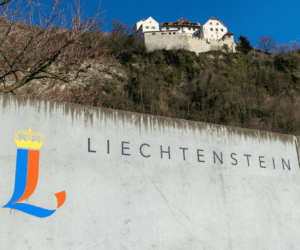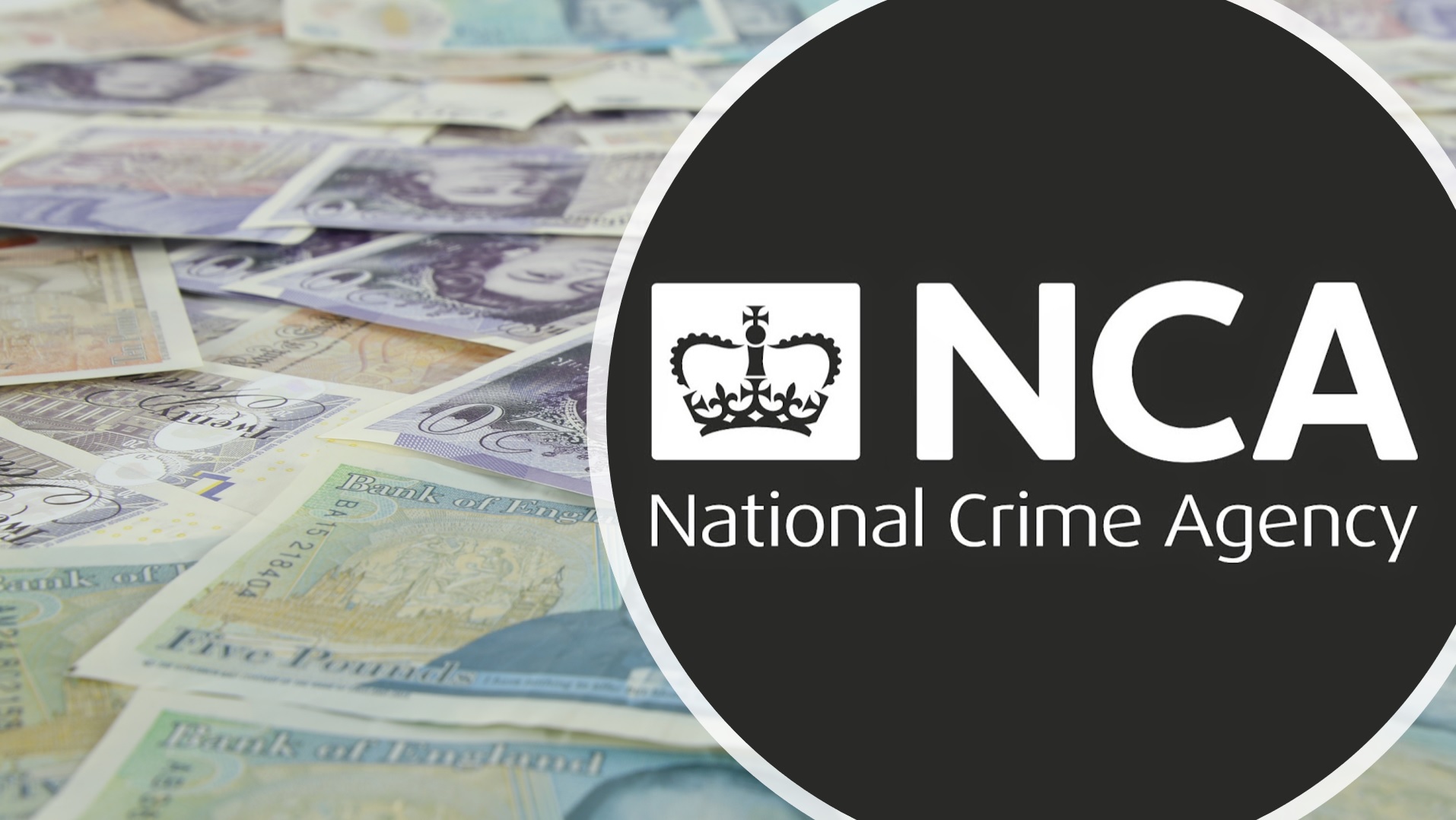By PAUL O’DONOGHUE
The Basel Institute’s late MD Gretta Fenner has been remembered as an anti-corruption campaigner who helped set the global standards for asset recovery.
The organisation announced last week that 49-year-old Gretta, born in 1975, was killed in a car accident.
The organisation has now paid tribute to its first Managing Director, describing how she led the body “from a one-room office” after it was established by Mark Pieth, a law professor at the University of Basel and Chair of the OECD Working Group on Bribery.
The organisation, founded in 2003, is dedicated to preventing and combating corruption and other financial crimes.
“In this first period from 2005 to 2008, Gretta embraced opportunities to grow the Institute from a one-room office at the university’s law faculty to a financially stable organisation with around 25 staff,” it said.
The Basel Institute said it continued to grow under Gretta’s leadership and now has 130 people “engaged in long-term programmes in around 20 countries across Latin America, Sub-Saharan Africa, Asia Pacific and Europe”.
It said one initiative led by Gretta was the establishment of the International Centre for Asset Recovery (ICAR), a body based in the Basel Institute.
Made up of former prosecutors, lawyers and (financial) investigators, it provides mentoring on investigation methods and confiscation and prosecution strategies.
“This was a time when the UN Convention against Corruption (UNCAC) was in its infancy and the concept of confiscating and returning proceeds of corruption to victim states was still novel,” the Basel Institute said.
“Together with colleagues, Gretta sought promising entry points to advance the Convention’s provisions on asset recovery by providing practical tools to both policymakers and practitioners.
“Seeking to empower those on the front lines of investigating corruption and seeking to recover stolen assets, she also supported the development of IT tools and a unique training methodology focused on helping participants work together to solve realistic cases.”
The Basel Institute said ICAR is now assisting 17 countries across four continents, and is using its “hands-on experience and geographic reach” to advocate for technical improvements to global asset recovery systems.
The organisation said Gretta also played “a pivotal role” in championing Collective Action with the private sector as a crucial element in fighting corruption, a concept which has become accepted as a global norm in corporate compliance programmes.
“She has left a powerful legacy – one that her two young sons Lukas and Lorenz, her partner Christian and her other family members can be immensely proud of,” the Institute said. “Colleagues recall her as ‘an inspiring and caring leader’ with a ‘lightning-fast and brilliant problem-solving mind’. She was a true global ambassador for anti-corruption.”
Born in 1975 in the Swiss lakeside town of Arbon and schooled in Zurich,Gretta was an internationally known speaker and advisor on anti-corruption, asset recovery, business integrity and broader issues of public governance.
Before joining the Basel Institute, Gretta managed the OECD’s anti-corruption programmes in the Asia-Pacific region.
A political scientist by training, she obtained bachelor’s and master’s degrees from the Otto-Suhr-Institute at the Freie Universität Berlin and Sciences Po Paris, as well as an MBA from the Curtin University Graduate School of Business, Australia.
The Basel Institute said it will continue to add to its public tribute to Gretta until 24 April. Those who would like to send a message to Gretta’s family or have it included in the tribute site can find further instructions on how to do so here.
ENDS








